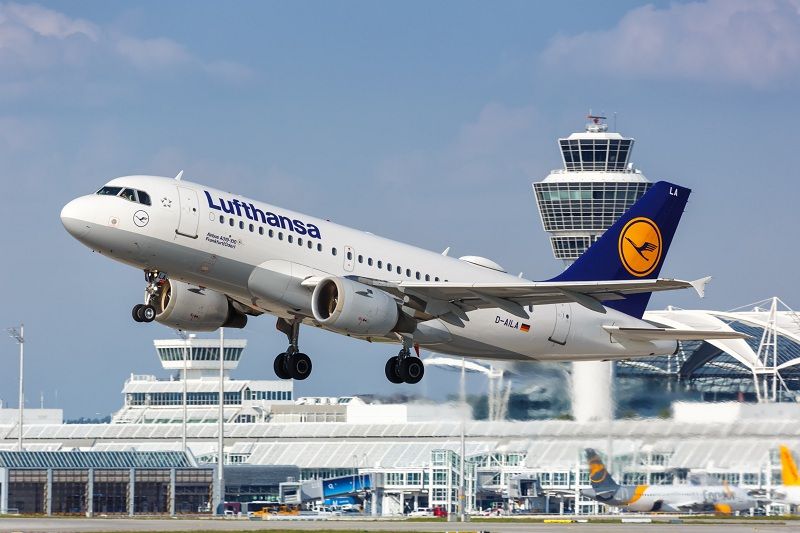Lufthansa is considering canceling its daily Frankfurt-to-Beijing flights due to rising operational costs and increasing competition from Chinese airlines.
This route, a staple for the German carrier, is becoming financially unsustainable.
While Lufthansa also operates a daily Munich-to-Beijing flight, that route remains unaffected for now, but a decision on the Frankfurt route could be made as early as next month.
Competitive landscape
Chinese airlines are rapidly expanding their presence on international routes, including a significant increase in flights to Europe, which is putting intense pressure on local carriers.
With lower operational costs, fewer regulatory hurdles, and strong government support, Chinese airlines are gaining a competitive edge over their European counterparts.
European airlines, in contrast, face a host of challenges—higher taxes, strict regulations, and aging infrastructure that complicates operations.
The global political landscape further exacerbates the problem.
The ongoing war in Ukraine has forced European airlines to take longer, costlier detours to avoid Russian airspace, making these routes less profitable.
Chinese airlines driving others out of business
The Chinese government’s backing of its airlines is no secret, and it’s giving these carriers a significant advantage over international competitors.
State support has enabled Chinese airlines to outcompete others, forcing some carriers to discontinue routes to China altogether.
Singapore Airlines recently halted flights to two Chinese cities, while Australia’s Qantas suspended its Sydney-to-Beijing route earlier this year.
In Europe, British Airways is set to end its Beijing service next month, and Virgin Atlantic has already discontinued its profitable UK-to-Shanghai flights, a route that was a major revenue driver for 25 years.
While each airline has its reasons for cutting routes to China, the common thread is clear: they can no longer compete with the state-supported Chinese airlines.
Can European airlines compete?
Since last summer, Chinese airlines have increased their flights to Europe by 74%, while European carriers are struggling to hold their ground.
The disparity in operational efficiency, exacerbated by geopolitical issues, is widening.
Chinese airlines are free to fly through Russian airspace, shaving hours off their routes to Europe and significantly lowering their costs—a luxury European airlines don’t have.
For now, it seems European airlines are retreating, conceding more and more routes to their Chinese counterparts.
Whether they can regroup and reclaim these routes in the future remains uncertain.
Given the current cost advantages and strategic positioning of Chinese airlines, it’s hard to envision a scenario where European carriers can mount a successful comeback.
Without significant intervention or innovation, Europe’s airlines risk losing these critical routes to China, which could solidify Chinese dominance in the aviation industry.
The post Lufthansa weighs flight cuts as state-backed Chinese airlines disrupt European aviation appeared first on Invezz

